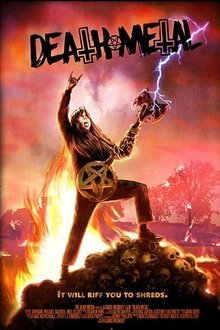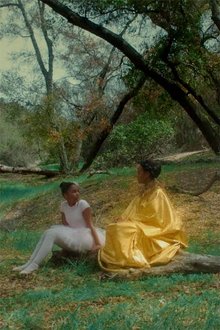Johnny YesNo – Redux reunites Cabaret Voltaire and Peter Care almost 30 years later with a completely new cast, a relocation to LA and an entirely new soundtrack remixed by Richard H. Kirk, the film has lost none of its hallucinatory power. The short goes deep into the structure of Peter Care’s original film and the Cabaret Voltaire tracks used in connection with it. What emerges is as much a juxtaposition of times and places as sights and sounds. The tale changes in the retelling, but that change now seems to be taking place on a molecular level. Richard H Kirk has reconfigured the film’s soundtrack, giving the proceedings an ominous sense of something slowly sliding into view from afar, glimpsed out of the corner of the eye.
Related Movies

Carmen Habanera z „Carmen-Suity” (1994)
Animated interpretation of the Bizet opera, second in a trilogy.

Carmen Suita z „Carmen – Suity” (1994)
Animated interpretation of the Bizet opera, first in a trilogy

Experimental Animation (1933)
Len Lye scraped together enough funding and borrowed equipment to produce a two-minute short featuring his self-made monkey, singing and dancing to 'Peanut Vendor', a 1931 jazz hit for Red Nichols. The two foot high monkey had bolted, moveable joints and some 50 interchangeable mouths to convey the singing. To get the movements right, Lye filmed his new wife, Jane, a prize-winning rumba dancer.
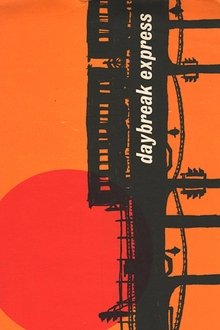
Daybreak Express (1953)
Set to a classic Duke Ellington recording "Daybreak Express", this is a five-minute short of the soon-to-be-demolished Third Avenue elevated subway station in New York City.

Third Interpolation (1999)
Shapes projected onto an abstract environment. The movement and scale of the forms in the film is a beautiful equivalent of the dynamics of the soundtrack
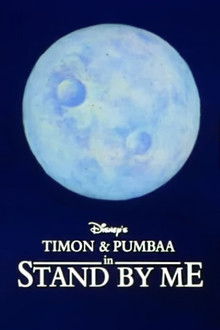
Stand By Me (1995)
In this short film, released theatrically with Disney’s Tom & Huck and starring The Lion King’s Timon and Pumbaa, Timon absentmindedly sings the classic song 'Stand By Me' while Pumbaa gets hurt in a series of slapstick ways
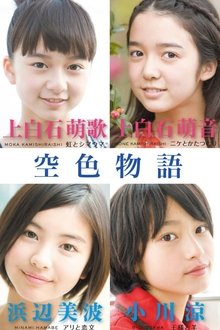
Sky Blue Story (2011)
Composed of four stories, each part of 10 minutes, namely: "Rainbow and Zebra", "The Goddess of Victory and the Snail", "The Ant and Love Letter", and "His Royal Highness and the Sheep".
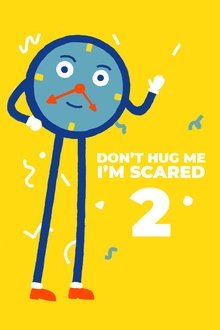
Don't Hug Me I'm Scared 2 (2014)
Step back into the imaginative and frankly terrifying world of Becky & Joe with Don’t Hug Me I’m Scared. In this episode: Some things change over Time.

Carnival Show (1938)
Using the backdrop and excitement of a local carnival, this soundie short features four different and unique acts, from the fast talking carnival barker (Clyde Hager) and the singing of Jon Peerce to the great jazz music of the Cotton Club Tramp Band and a tap dance routine performed by Three DeLovelies.

Money Man (2016)
Short film that accompanies A$AP Mob & Skepta's collaboration "Put That On My Set." The short film is a surrealist take on drug gangs, finding Rocky trafficking psychedelic butterfly wings as part of an organized crime ring. They run a tight moneymaking operation, and "Put That On My Set" showcases the importance of the rappers' crews in the illegal business.
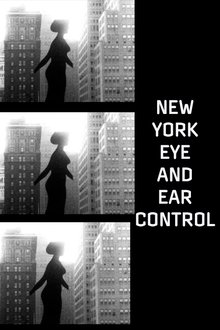
New York Eye and Ear Control (1964)
A cutout of a woman's silhouette is displayed in many locations while a free jazz soundtrack is heard. The jazz musicians later pose for the camera in a studio.

Carmen Not Only According to Bizet (1968)
This is funny or rather crazy adaptation of classical opera Carmen inspired by famous czech theatre Ypsilon play of the same name shot at various bizarre locations such as airport, botanical garden and winter forest.

Rambling 'Round Radio Row #1 (1932)
Jerry Wald has to write about radio, visiting Sid Gary gives him the tip it might be more easy for him to write this article at the radio station than at his newspaper office. At the studio they listen to the Boswell Sister's rehearsal, which is interupted by some not so friendly remarks by orchestra leader Abe Lyman, they listen at the door, where a Colonel Stoopnagel broadcast is prepared, as well as to the rehearsal of a new song for an broadcast by Kate Smith.
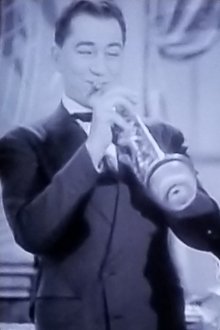
Swing Cat's Jamboree (1938)
"Swing cat" Louis Prima and his jazz quartette play songs and accompany featured singers and dancers.
